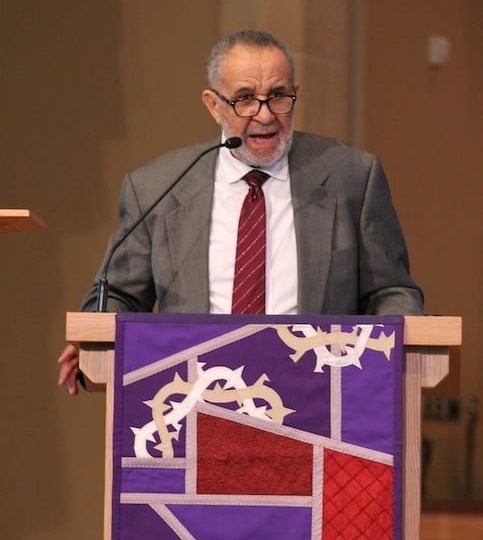
Last week, St. Olaf hosted several events in commemoration of the death of James Reeb ’50, who fought for civil rights in the ’60s, called “A Long Walk Home: 50 Years of Climbing the Hill to Freedom.” The week of March 9 marked the 50th anniversary of what later became known as “Turnaround Tuesday,” where the killing of white clergymen on the Edmund Pettus Bridge inspired protests around the nation that ended in the passing of Voting Rights Act of 1965.
On March 12, a chapel service honoring Reeb was followed by a dedication of the James Reeb Reflection Room. During the chapel service, James Reeb’s granddaughter Leah, “recognized the importance that St. Olaf had in [her] grandfather’s life and his development and what led him to take part in his various efforts towards equality.”
Ann Reeb, James’ daughter, also spoke about the importance of continuing to speak out against what is wrong even today, to show that what Reeb sacrificed his life for will not go in vain. Ann Reeb said, “When there is something that you see that is wrong, stand up, use your voice, carry on.” The new dedication in Rolvaag details Reeb’s story of protest and his death, and invites those present to reflect on his contributions.
Throughout the week, there were film screenings of the movie Selma, which include the scene where James Reeb is attacked on the Edmund Pettus Bridge and gallery talks on the opening of the art exhibit capturing the civil rights’ protests. The Flaten Art Museum will continue to have the special exhibit “Selma to Montgomery: Marching Along the Civil Rights Trail” which will remain up until April 12. The exhibit includes 45 photographs by Stephen Somerstein that capture the spirit of the protesters in Alabama at the time.
dipietro@stolaf.edu
Photo Credit: MAGGIE SHAVER/MANITOU MESSENGER

